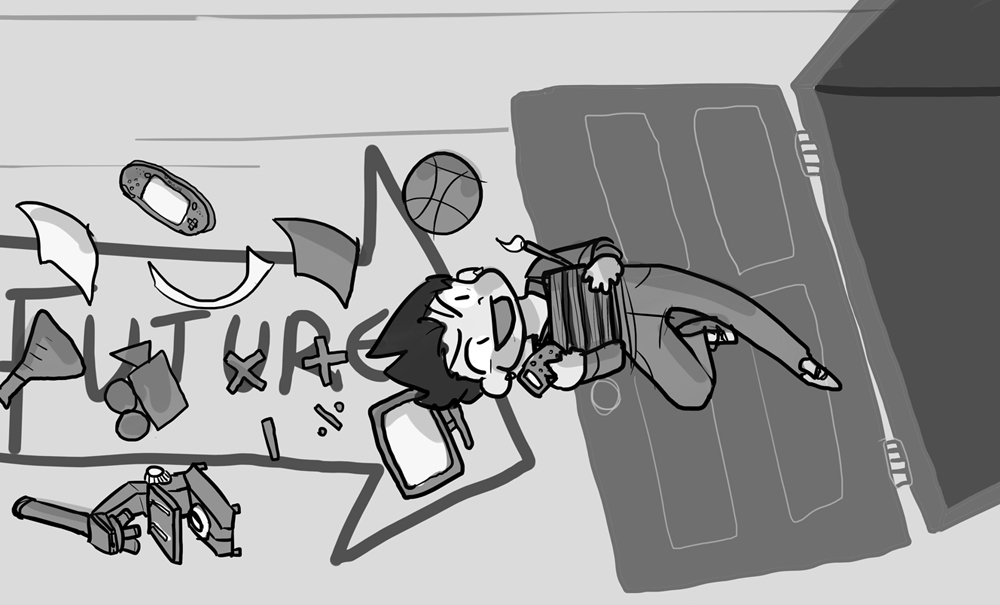Emilie Miranda | Deputy Copy Editor
Featured illustration courtesy of Jasmine Wiradharma
Chances are, there has been at least one point in your life where you decided on what you wanted to be when you grew up: a superhero, a doctor, a spy or maybe a firefighter. Odds are, you’ve changed that idea at least once. Maybe the change was something drastic: doctor to news broadcaster.
Or maybe it was a change from one related field to another: clinical to developmental psychology.
Whatever the change, you probably thought about whether you were artistically inclined, a budding writer or if you had a head for science. You might have considered if you were left- or right-brained — if you tended toward math and science or the arts.
Sometimes, though, it isn’t so clear cut. Disciplines that seem so opposite to each other can actually go hand in hand. How else does a math major end up copy editing for the school newspaper?
Remember the meme about Game of Thrones’ Stannis correcting everyone’s grammar? Someone says there are “less enemies for us,” and he corrects them by saying, “fewer.” Though this nitpicking divided fans’ opinions of the would-be king, it does illustrate how math can contribute to English. That’s right, the fewer-versus-less debate can be answered with math.
“Fewer” is used when the objects you’re talking about are discrete — can be counted. “Less” is used when they are continuous — must be measured. So I drank “less” water than you, but you were given “fewer” bottles of water. The usage of number and amount; many and much; and few and little are determined the same way.
Of course, it works the other way around as well. You can get a completely different solution to a math problem by confusing “no more than eight” with “fewer than eight” — the first includes eight; the second excludes it. But English contributes more than word problems to mathematics. Math proofs can be tens of pages long, but must be both logically sound and communicated clearly to the reader. English has lots of rules; math has lots of rules.
The point is, having knowledge of two disciplines that aren’t usually grouped anywhere near each other can actually give you an edge. It doesn’t apply to just these two, either. Follow the entertainment industry, but find law fascinating? Maybe you should look into media law. Love sports and math? Even the Leafs are getting into analytics these days. Binge on television, anime or documentaries every weekend, and are a strong writer? Blog your thoughts — I hear they can turn into book deals.
Don’t disregard the things you’re interested in and enjoy. Put your own spin on the traditional, and don’t let what has always been done define what you haven’t done yet. Turn your interests into assets; build your own brand; find your niche. Let’s be honest, it’s hard to find a job that you enjoy, let alone one that pays off those student loans. Give yourself an edge with what you already love. You never know when it might come in handy.


